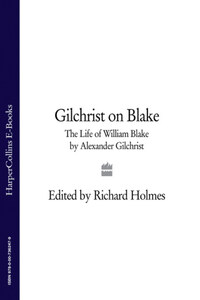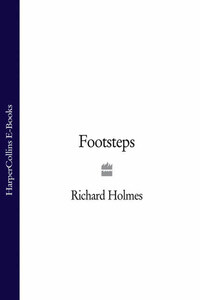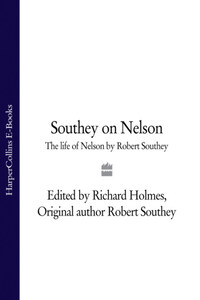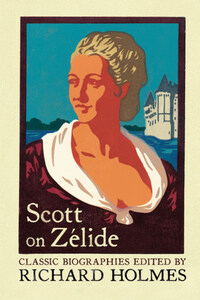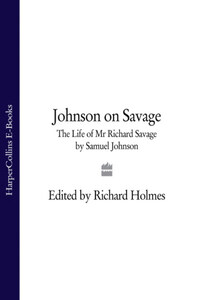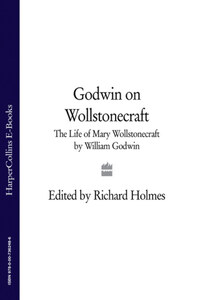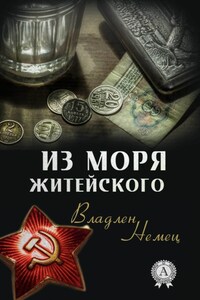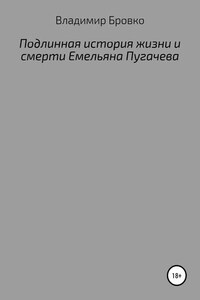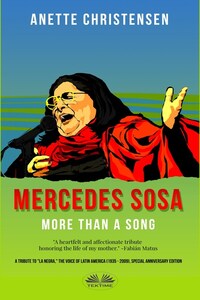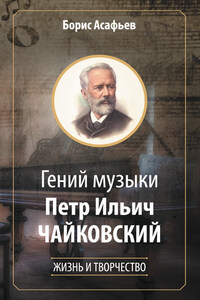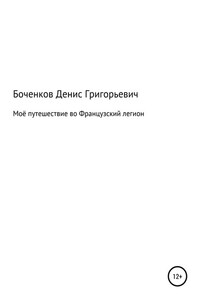When William Blake died in London in 1827, he was already a forgotten man. He had been living in two-room lodgings in Fountain Court, in the Middle Temple, off Fleet Street. His engraved and hand-painted Songs of Innocence and of Experience, had sold less than twenty copies in thirty years. His Prophetic Books had disappeared almost without trace. A single mysterious poem – The Tyger’ – had reached the anthologies. As a poet – once read in manuscript by Coleridge, Wordsworth and Charles Lamb – he was virtually unknown outside a small circle of disciples, a group of young men who pointedly called themselves The Ancients’. Robert Southey, the Poet Laureate, magnanimously dismissed him ‘a man of great, but undoubtedly insane genius’.
As an artist, his reputation was little better. He was chiefly remembered as a one-time commercial engraver of grimly improving texts: Edward Young’s Night Thoughts, Robert Blair’s The Grave, the dark Biblical drama of the Book of Job, and Dante’s Inferno still unfinished at the time of his death. In 1830 Blake was given a short and gently patronizing entry in Alan Cunningham’s Lives of the Most Eminent British Painters. The illuminations to The Songs of Innocence, and the Book of Job, were mildly admired. The Tyger’ was re-printed as an example of fascinating eccentricity.
But Cunningham damned him with faint praise. Blake was a lovable, minor eccentric: unworldly, self-taught and self-deluded. He produced work that was ‘unmeaning, mystical and extravagant’. He was a man ‘overmastered’ by his own imagination. He confused ‘the spiritual for the corporeal vision’. But for the stabilizing influence of his faithful – but ‘illiterate’ – wife Kate, William Blake would be remembered simply as ‘a madman’.
Three years later, in March 1833, the Monthly Magazine wittily celebrated Blake’s lunacies. ‘Blake was an embodied sublimity. He held converse with Michael Angelo, yea with Moses; not in dreams, but in the placid still hour of the night – alone, awake – with such powers as he possessed in their full vigour…He chatted with Cleopatra, and the Black Prince sat to him for a portrait. He reveled in the past; the gates of the spiritual world were unbarred at his behest, and the great ones of bygone ages, clothed in the flesh they wore on earth, visited his studio.’
Blake was diagnosed as a sufferer of extreme and persistent visual hallucinations, a man who ‘painted from spectres’, and had lost his grasp on reality. ‘His may be deemed the most extraordinary case of spectral illusion that has hitherto occurred. Is it possible that neither Sir Walter Scott, nor Sir David Brewster – the authors of
